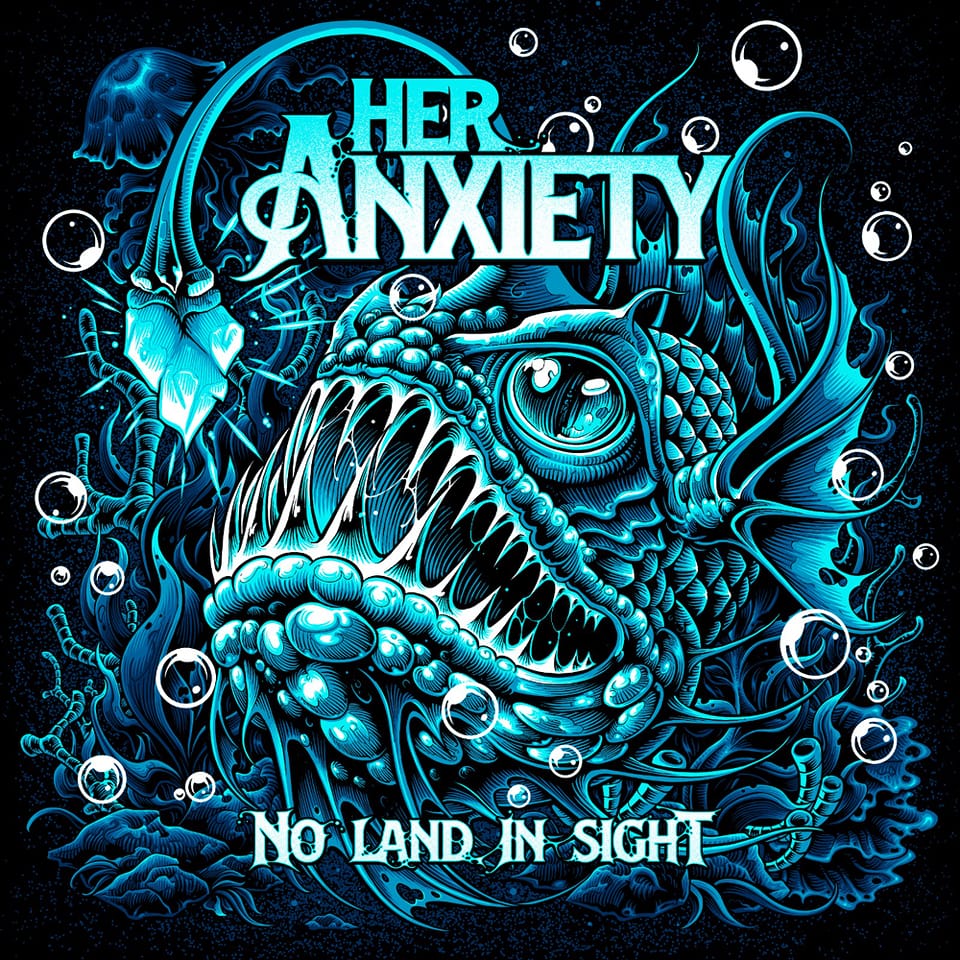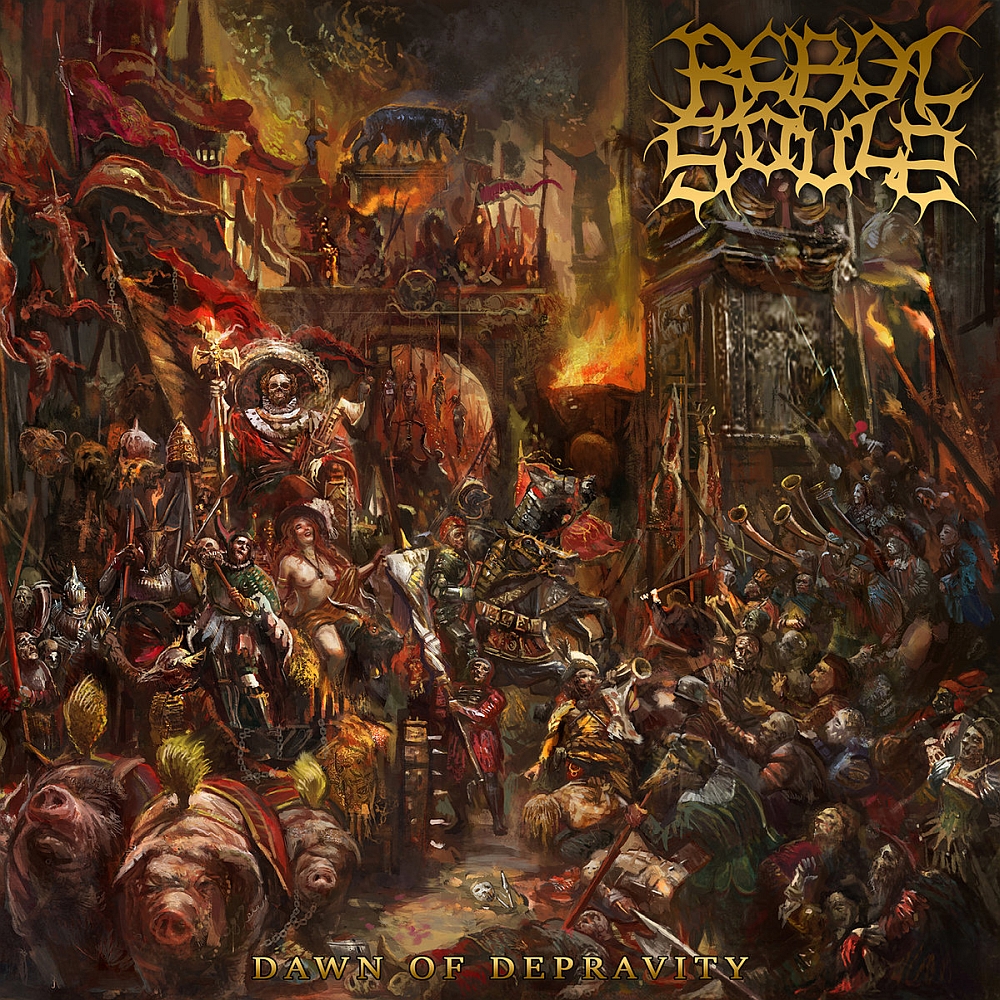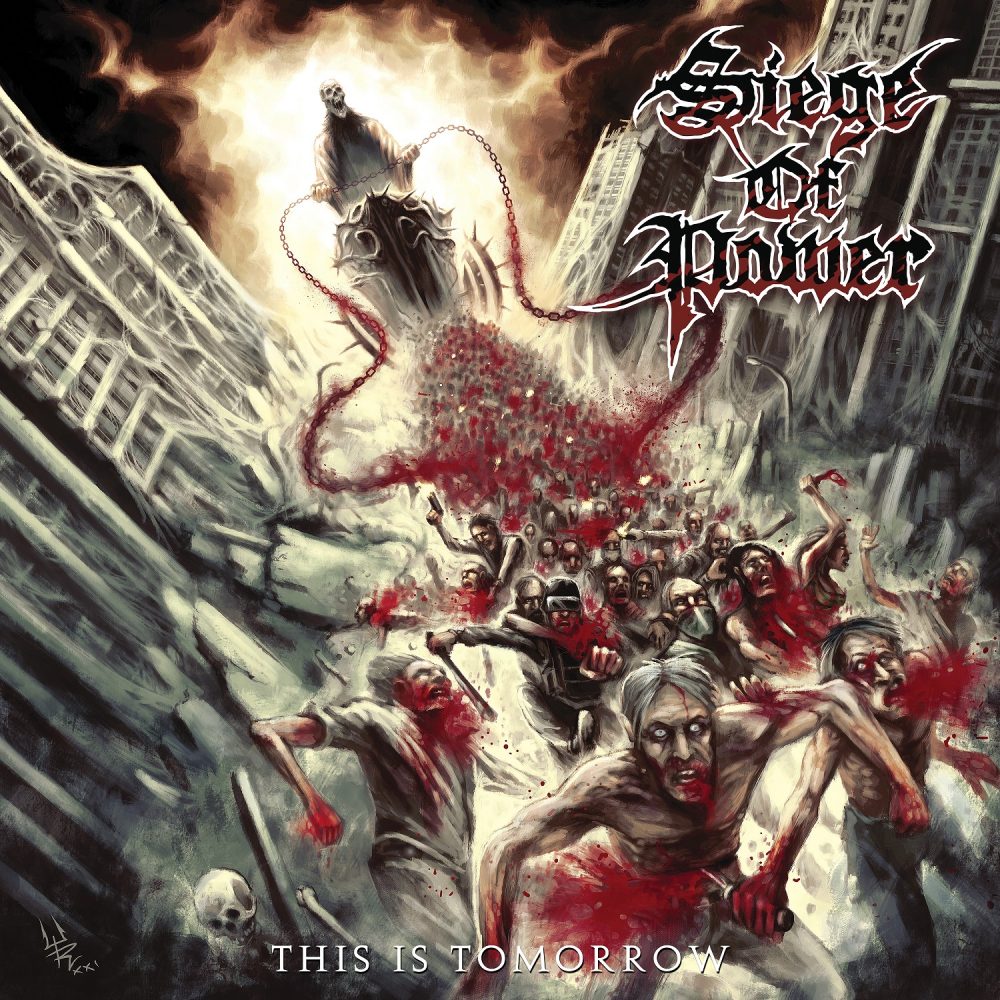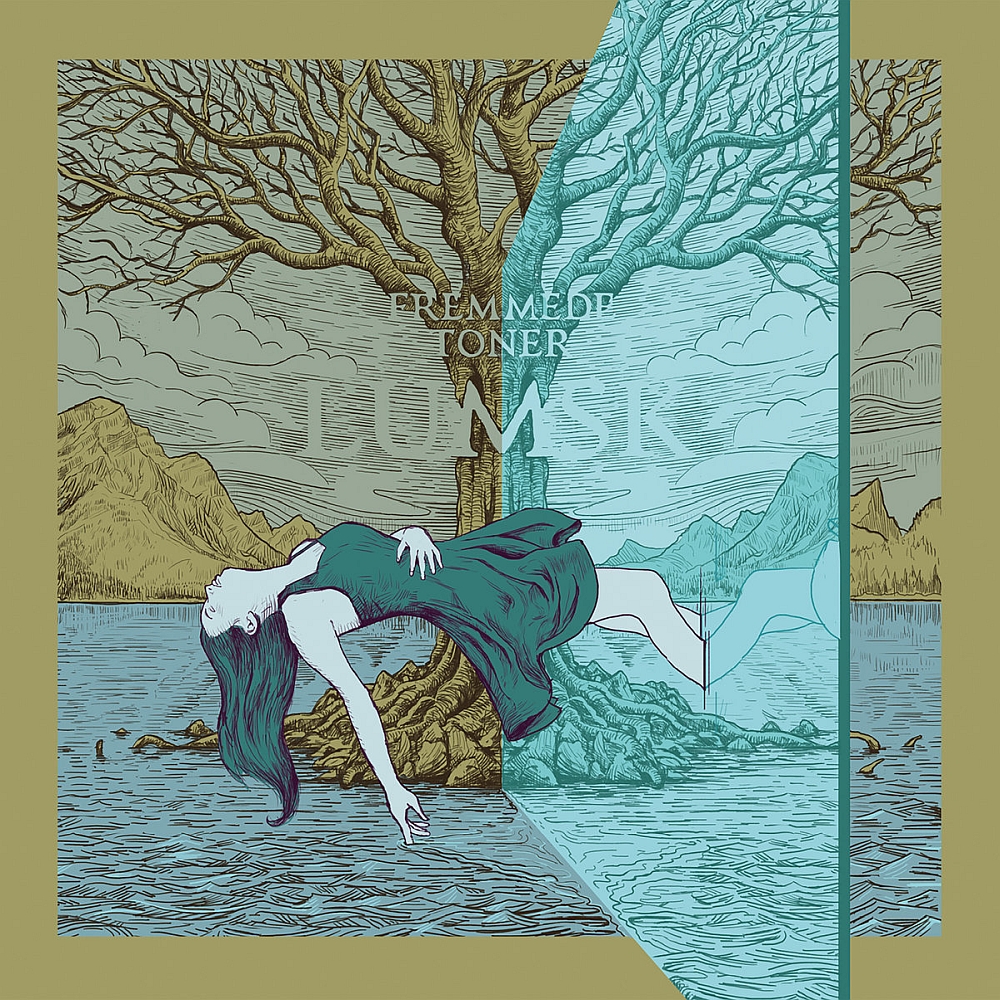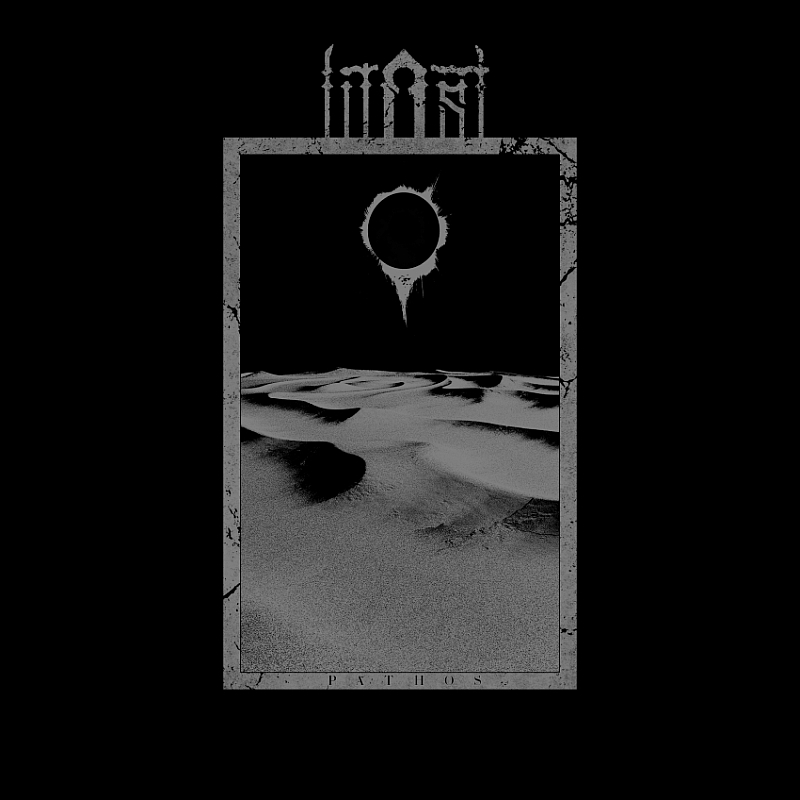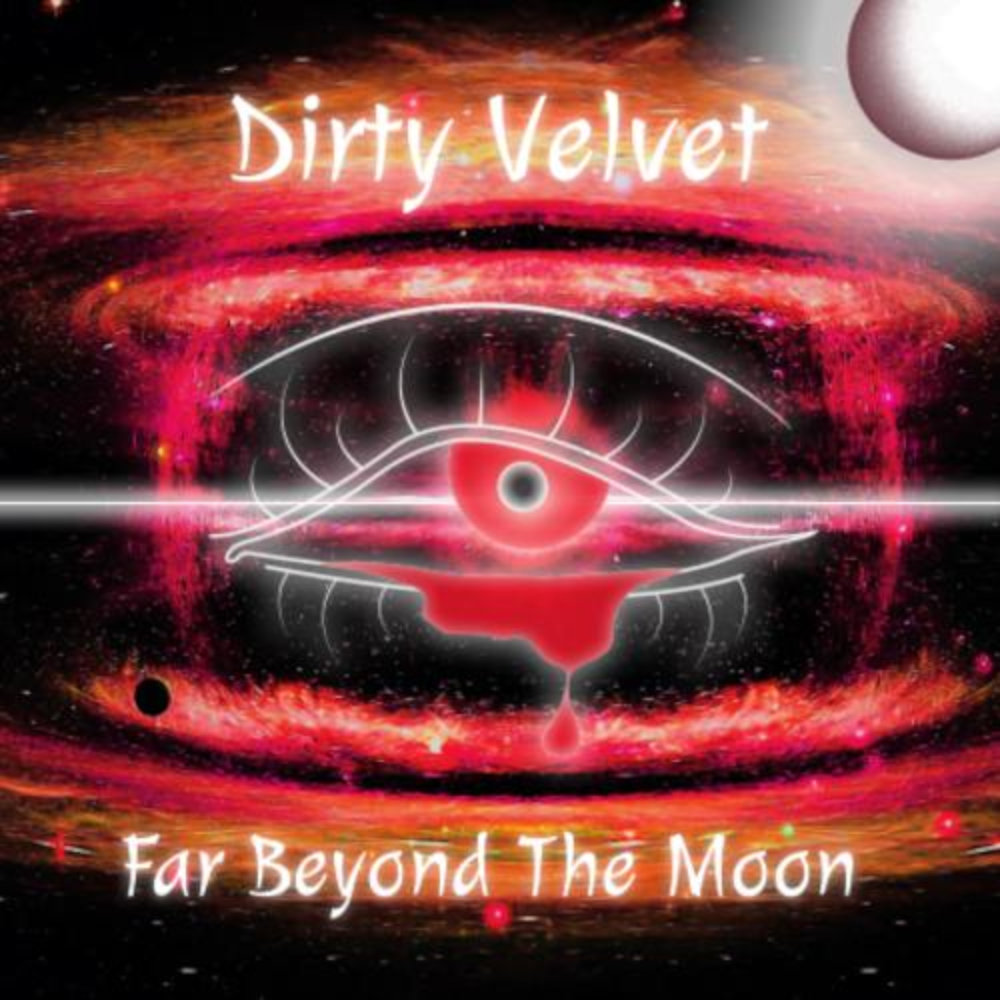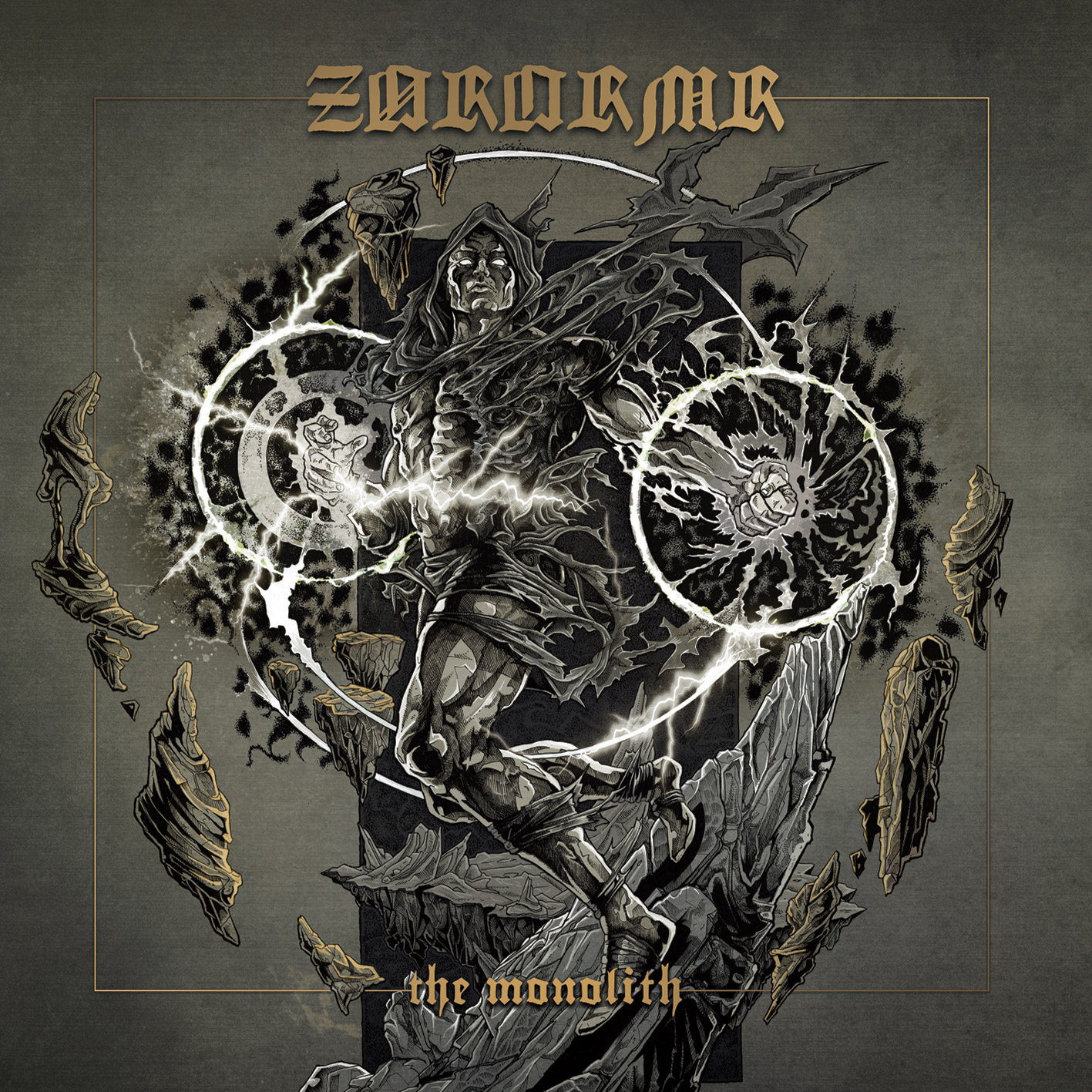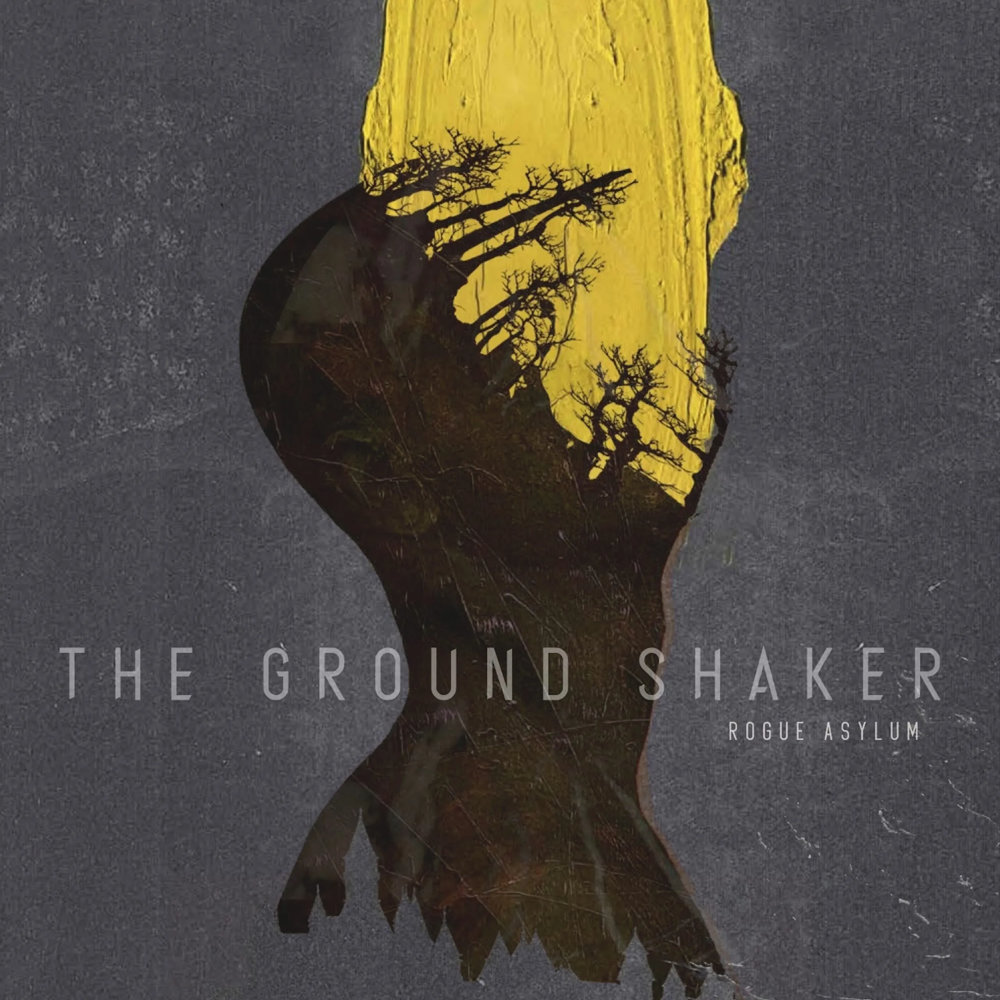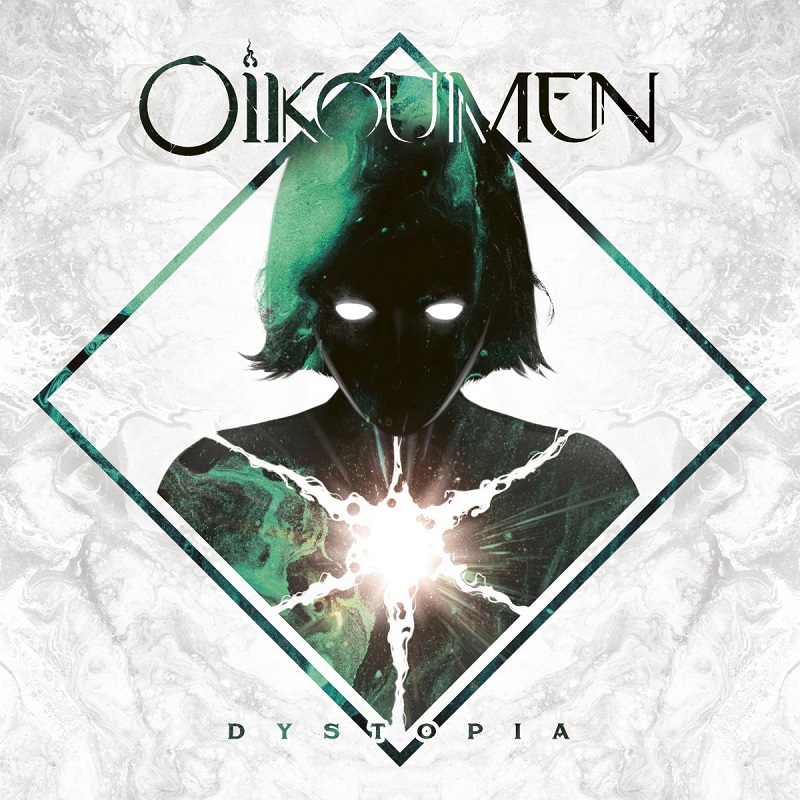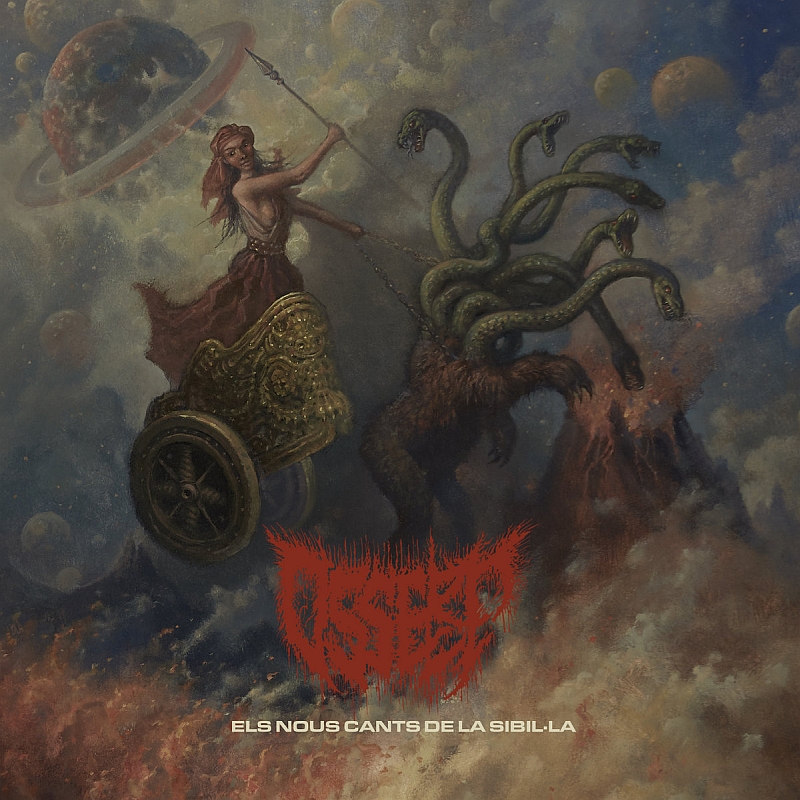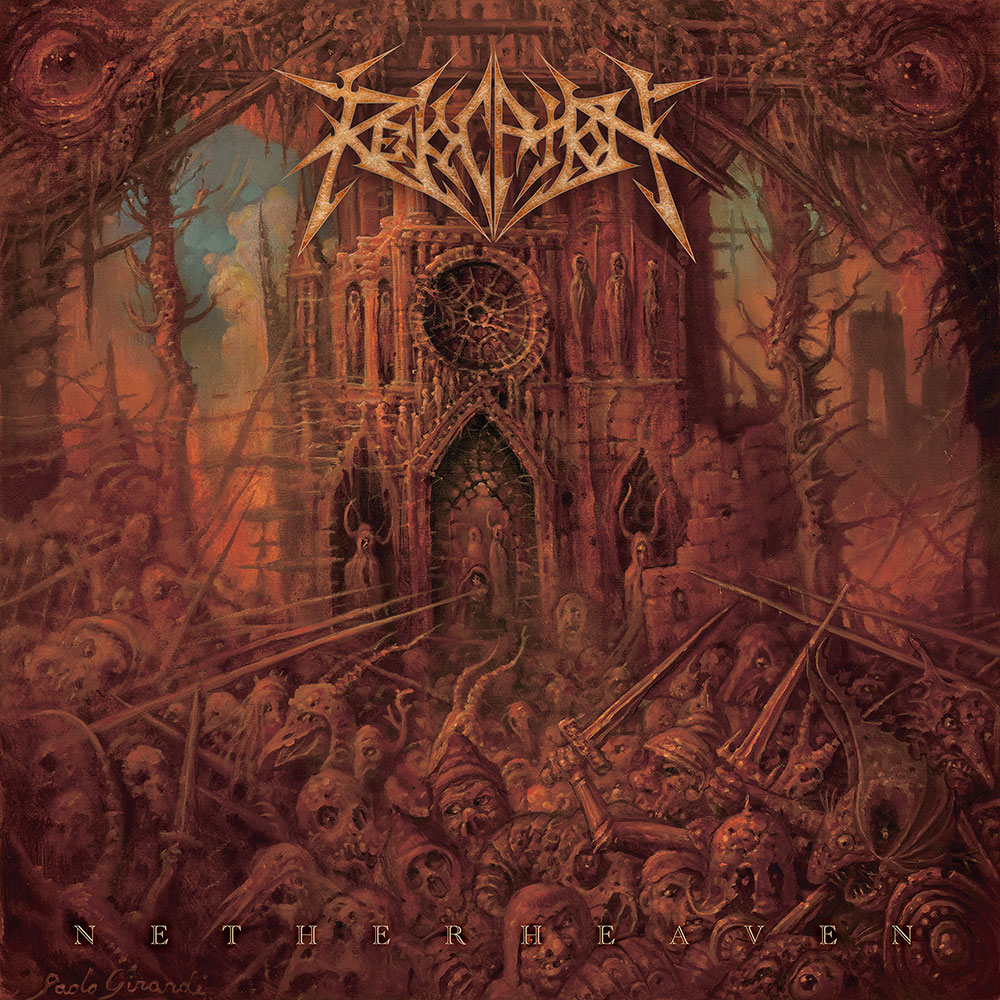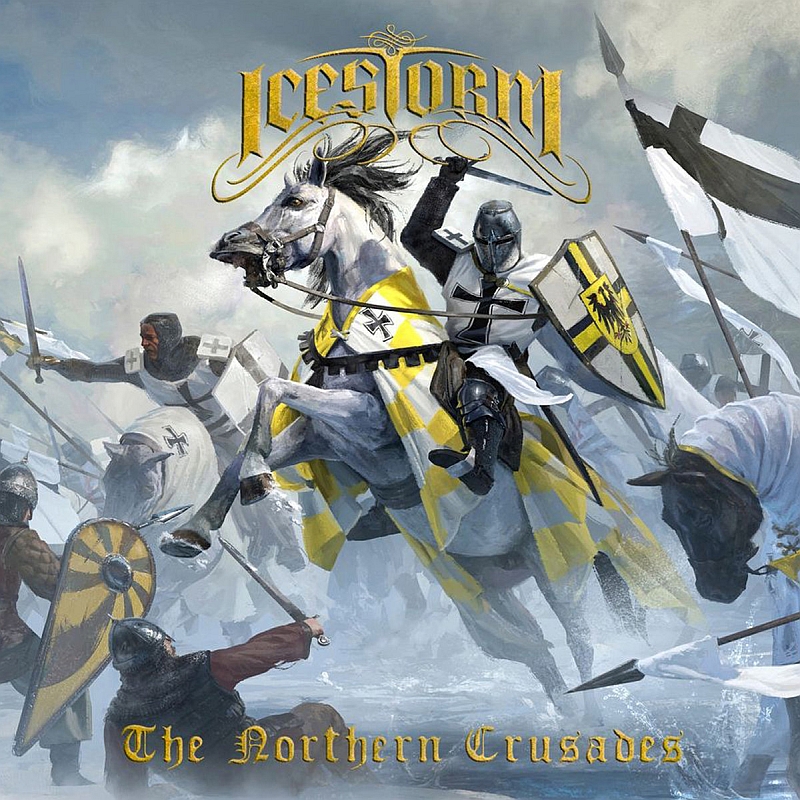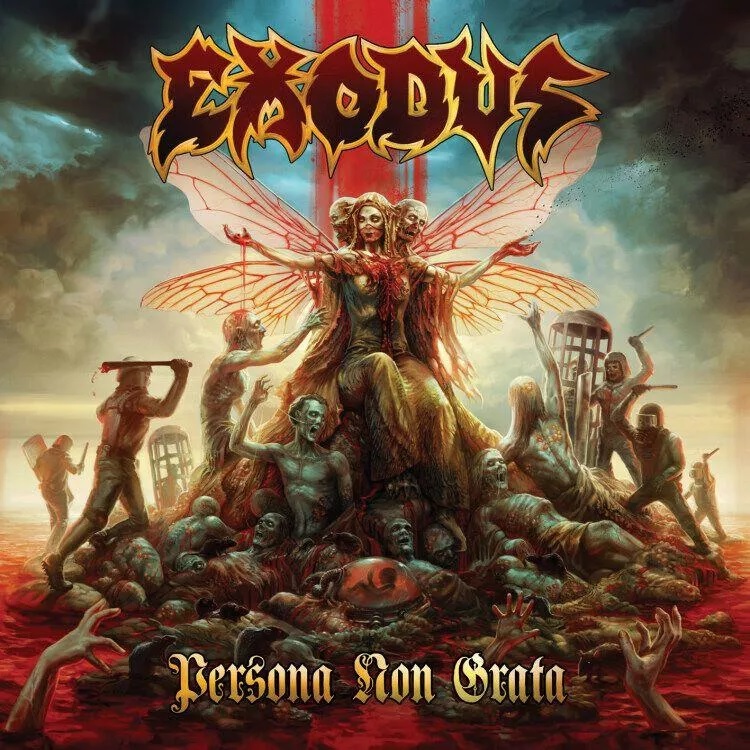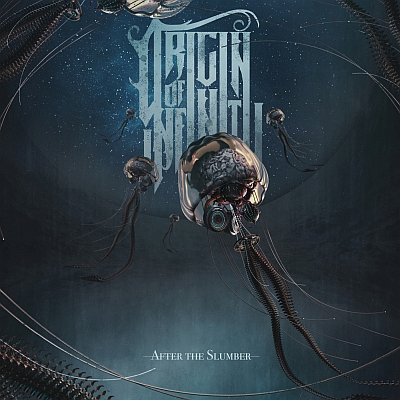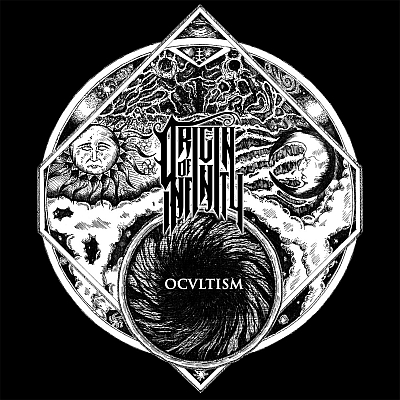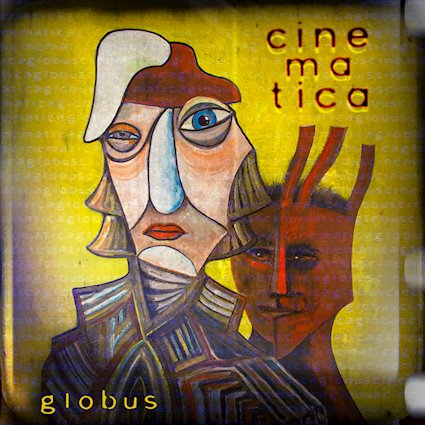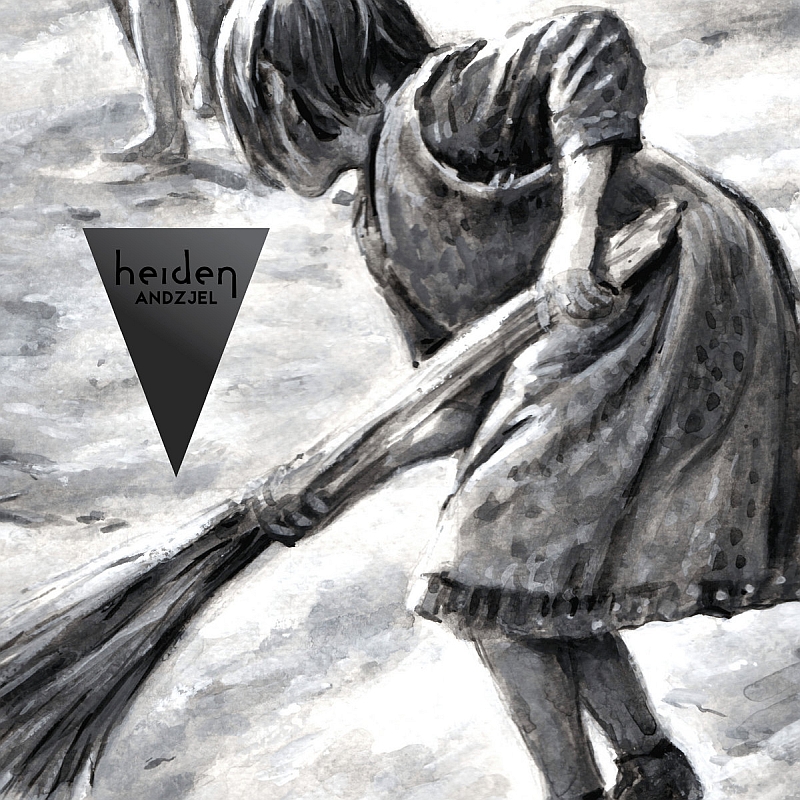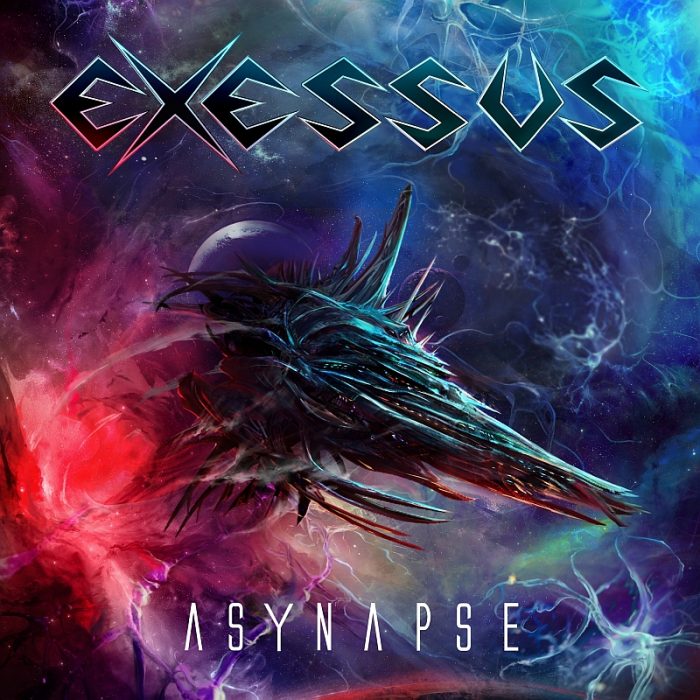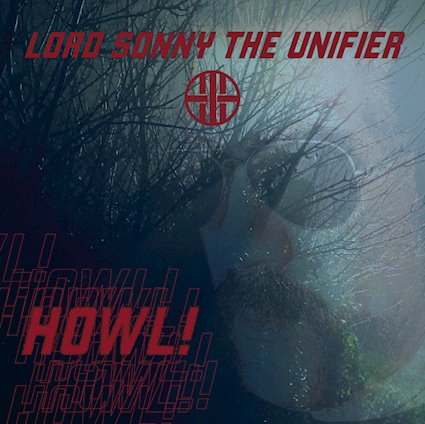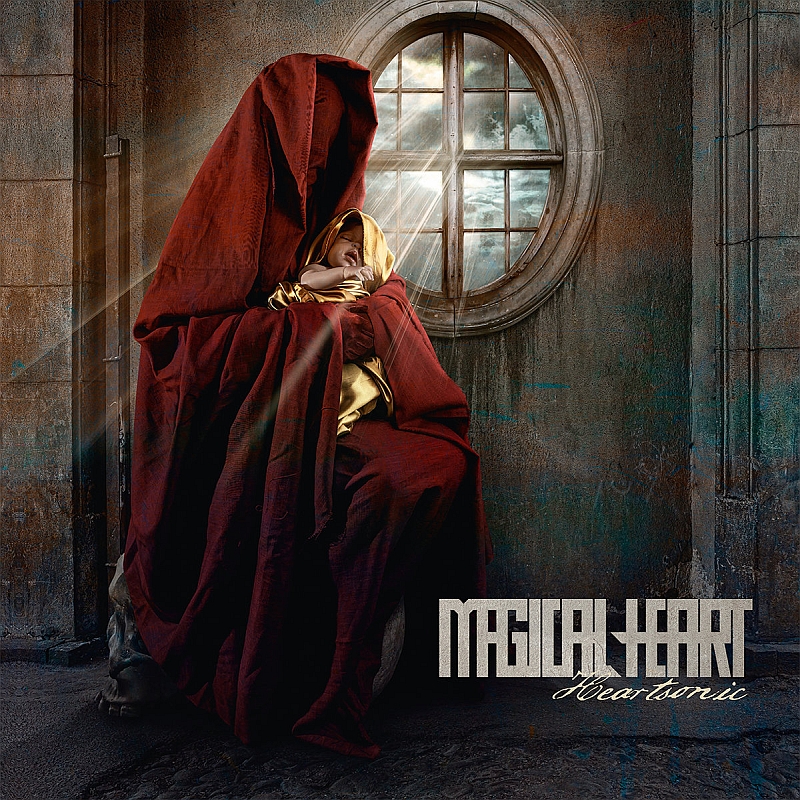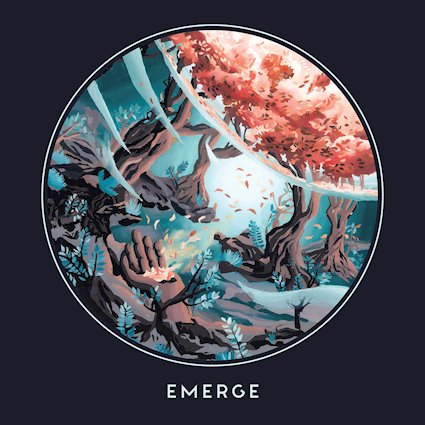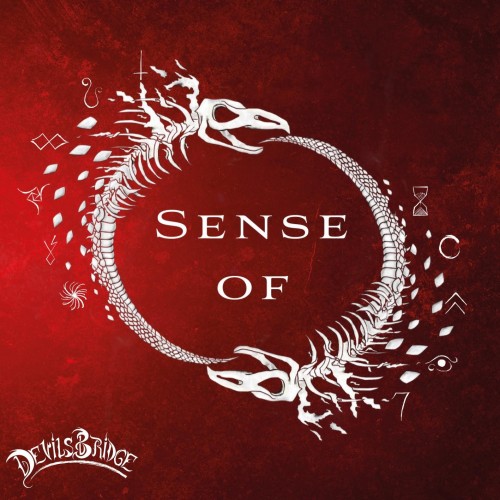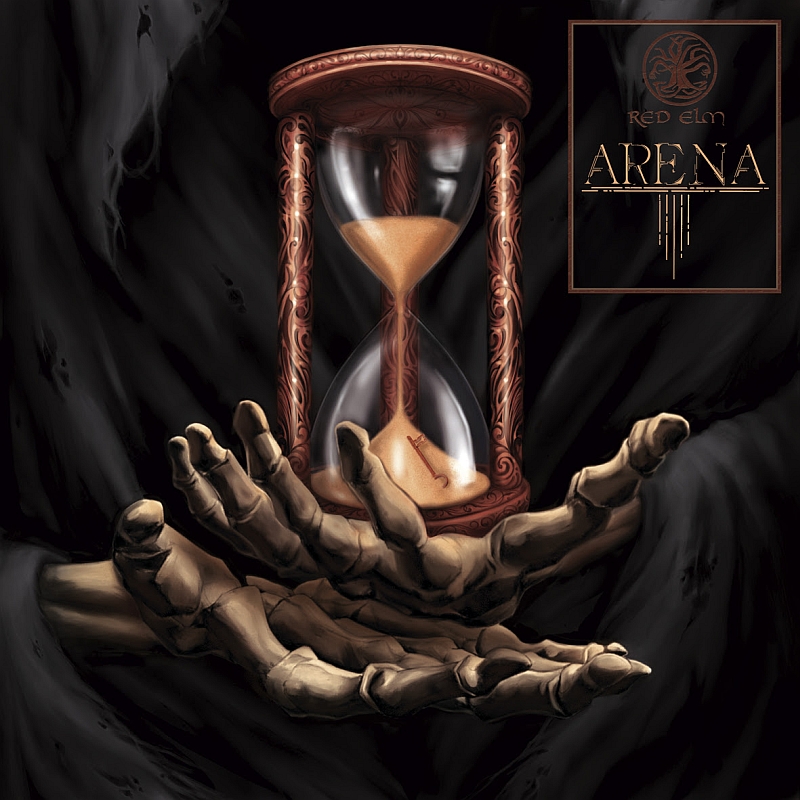
Music: Progressive Metal/Experimental/Sludge Metal
Website: http://www.theoceancollective.com
Country: Germany, Switzerland
Duration: 50:06 (10 songs)
Best Songs: Anthropocentric, Heaven TV, The Gand Inquisitor II
If you thought that THE OCEAN were already done amazing us at least for this year, you were wrong. Just a mere seven months after the release of the masterpiece that Heliocentric was, theyre back with its companion Anthropocentric. As its already THE OCEANs habit to release two album series, these albums are no exception Anthropocentric is Heliocentrics close sequel both musically and thematically. The big difference lies elsewhere. For the first time in history of THE OCEAN, all the members have actively contributed to the writing process, because THE OCEAN is now an official five-piece, as the bands mastermind Robin Staps stated. Although a nearly thirty-piece band that actually tours is extremely interesting, he made a great step in the direction of some valid future of the band, or COLLECTIVE, as they are sometimes called.
“And even in these days and age some people still believe
That Earth is at the center of God's own universe
(THE OCEAN, Anthropocentric)
“Heliocentric was only a mere beginning. The idea behind it was of course heliocentrism, a theory according to which the Earth and planets revolve around Sun at the center of the solar system a theory, that most people today incline to, but also the impact of this theory on Christian beliefs in the Middle Ages and today. Anthropocentric continues with the critique of Christianity, plunges even deeper in the conception of Christianitys influence on philosophy and science. Consistent with the name of the record, the main concept is obviously anthropocentrism, or human-centredness, therefore the focus lies more on where an individual is placed in the Universe.
“Is God willing to prevent evil, but not able?
Then he is not omnipotent. Is he able, but not willing?
Then he is malevolent.
Is he both able and willing?
Then whence cometh evil?
Is he neither able nor willing?
Then why call him God?”
(Epicurus)
“For if He knew everything
He could not do anything different from what he knows
And even if he could hear our prayers
He could not encroach
(THE OCEAN, The Almightiness Contradiction)
“Anthropocentric” is inspired by the questions that Dostoyevsky asked and some of the answers that Friedrich Nietzsche and Richard Dawkins gave, as Staps stated. There are three songs with the title The Grand Inquisitor on the record these have been inspired by the chapter of the same title in The Brothers Karamazov, a novel by Dostoyevsky. In this chapter there is a conversation held between the brothers Ivan and Alyoscha an atheist and a monk. Ivan narrates to Alyosha his imagined poem that describes a leader from the Spanish Inquisition and his encounter with Jesus, who has made his return to earth. Here, Jesus is rejected by the Inquisitor who puts him in jail. The Grand Inquisitor says that Jesus had deprived man of salvation by offering him a free will. At the end of all these arguments, Jesus silently steps forward and kisses the old man on his lips. The Grand Inquisitor, stunned and moved, tells him he must never come there again, and lets him out. The conversation between Ivan and Alyoscha mirrors, to some degree, the conversation between The Grand Inquisitor and Christ and raises more questions than it answers.
“It is not God that I do not accept
It's this world of God's, created by God, that I cannot agree to accept
(THE OCEAN, The Grand Inquisitor II)
“Christianity came into existence in order to lighten the heart; but now it has first to burden the heart so as afterwards to be able to lighten it. Consequently it shall perish”
(Friedrich Nietzsche)
Now, those who were disappointed by the change of direction THE OCEANs music took with the release of Heliocentric should give their new stuff a second chance. Anthropocentric fills in the strong musical gap between the last two albums, yet it doesnt lose anything from the progressivity. The guitar work is much more present, which should please all those who were hoping for a heavier record great examples are the songs The Grand Inquisitor II and Sewers of the Soul, which contains an amazing solo. The new vocalist Loďc Rossetti has proven himself as an even more mature and versatile singer than on the previous record, this time mainly his harsh vocals come forth, which only makes the clean parts even more effective and epic, as for example in the opening track Anthropocentric, Heaven TV or She Was The Universe.
The first and title track could be considered some sort of Previously on THE OCEAN (btw. Thank you Dan Marsicano for this metaphor, I couldnt not use it). It starts just where Heliocentric with the song The Origin of God left off, there are also several references to the previous album in the lyrics, yet it simultaneously shows the new musical direction of the album right from the beginning. Within its almost ten minutes it just keeps growing so that at the end you start to wonder if its even the same song youre listening to. The Grand Inquisitor series follow, with the first two parts Karamazov Baseness and Roots & Locusts showing us a more technical face of the band, while the third part (and unless you have the vinyl, also the last one) A Tiny Grain of Faith reveals soft keyboards, violins and female vocals, creating a slightly hypnotic undertone. Wille Zum Untergang (German for A Will to Collapse) is a long instrumental track that serves as a welcome break before the climax of the album, The Almightiness Contradiction. This soft, almost tender song makes a logical conclusion to both of the albums, the final line says it all: Theres no one here that knows it all. Is there something there beyond the world we know?
“Reasoning from the common course of nature, and without supposing any new interposition of the supreme cause, which ought always be excluded from philosophy; what is incorruptible must also be ingenerable.
The soul, therefore, if immortal, existed before our birth:
And if the former state of existence no wise concerned us, neither will the latter.”
(David Hume)
note: 9.5/10
Tracklist
1. Anthropocentric
2. The Grand Inquisitor I: Karamazov Baseness
3. She Was the Universe
4. For He That Wavereth
5. The Grand Inquisitor II: Roots & Locusts
6. The Grand Inquisitor III: A Tiny Grain of Faith
7. Sewers of the Soul
8. Wille Zum Untergang
9. Heaven TV
10. The Almightiness Contradiction
Line-up
Loďc Rossetti – Vocals
Jonathan Nido – Guitar
Robin Staps – Guitar
Louis Jucker – Bass
Luc Hess – Drums


